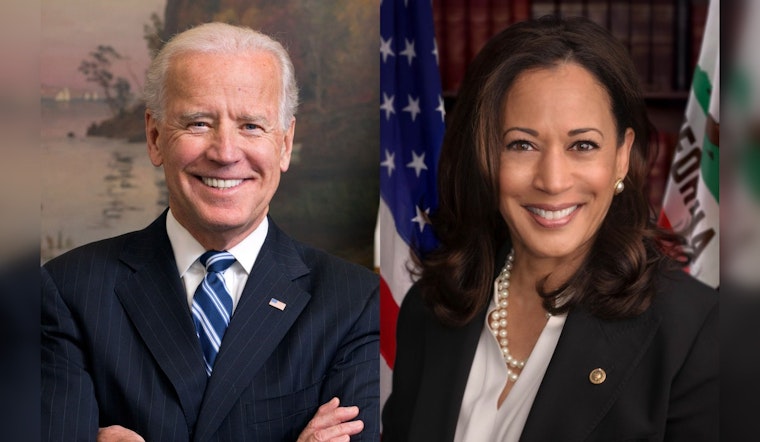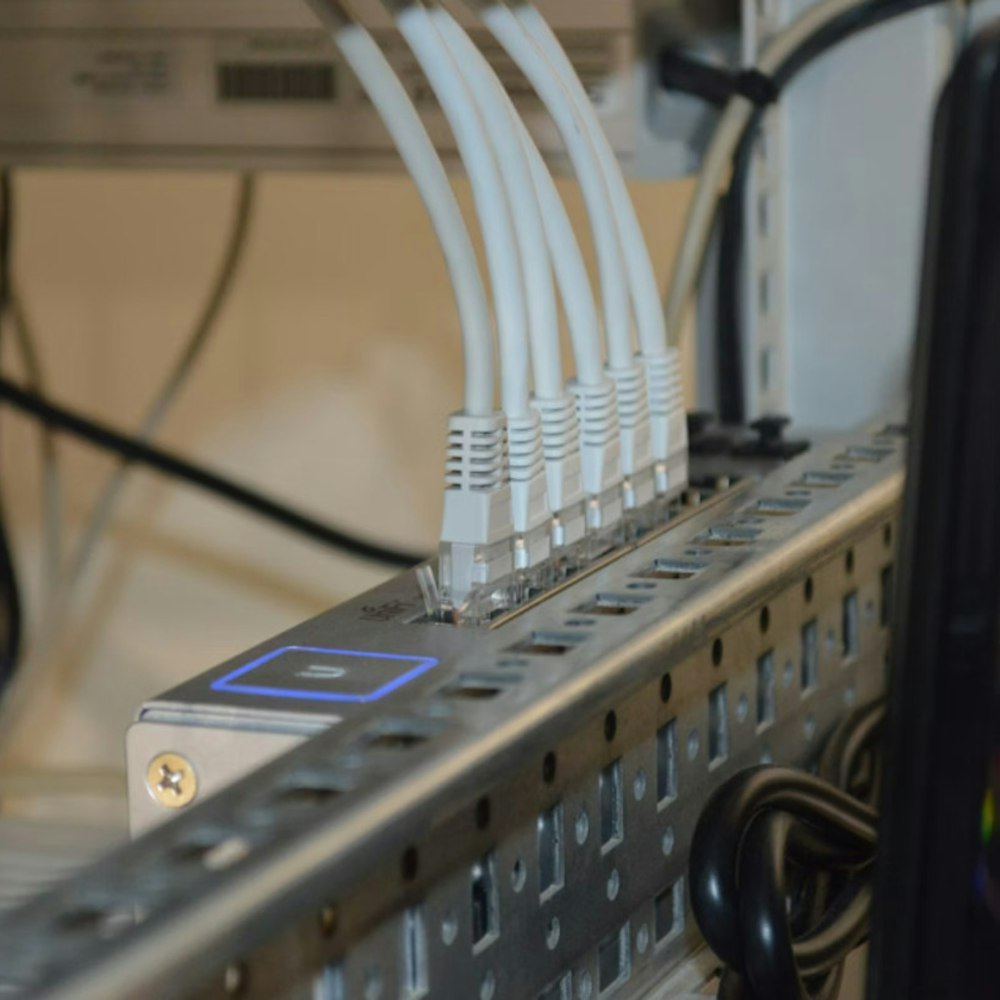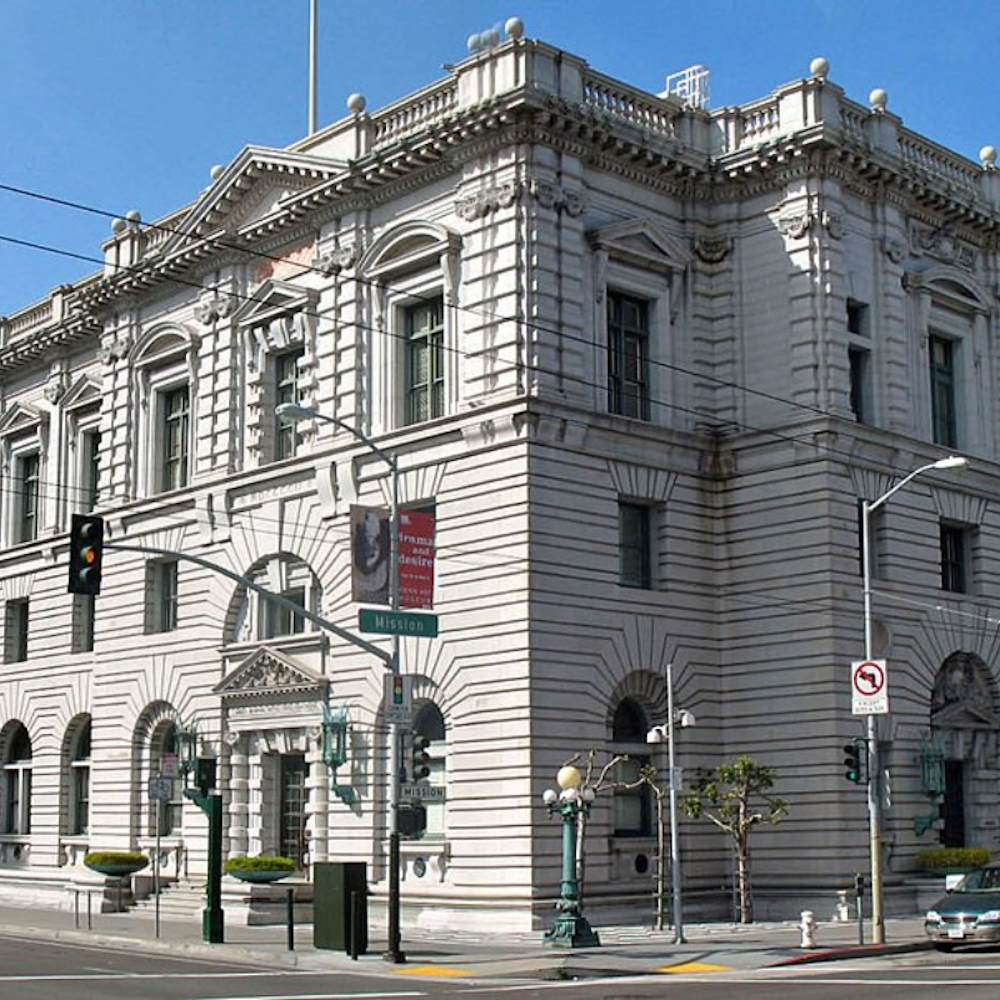
In a move that solidifies the Biden-Harris Administration's commitment to environmental sustainability and American industry, the White House has finalized a rule aimed at maximizing federal purchases of American-made sustainable products and services. According to a statement by Christine Harada, Senior Advisor at the Office of Federal Procurement Policy, this action aligns with President Biden's plan to achieve net-zero emissions from federal procurement by 2050. "For over 50 years, the Federal government has played a leading role in promoting innovation, creating jobs, reducing emissions, and shaping markets through its sustainable purchasing requirements," Harada said in a statement released by the White House. The rule's implementation is expected to leverage the U.S. Government’s position as the world's single largest purchaser to promote sustainable innovation and bolster the economy.
This rule directs agencies to prioritize purchasing products and services that comply with recommendations set forth by the Environmental Protection Agency (EPA). These products are indicated as more environmentally friendly and should bolster job creation within the United States. "We are proud to continue to be a global leader in sustainable purchasing," said Harada in a White House press release, "and meet President Biden’s ambition of net-zero emissions from Federal procurement by 2050." Brenda Mallory, Chair of the White House Council on Environmental Quality, echoed Harada’s sentiments, underlining the Administration's directive for federal agencies to set an example toward a more sustainable future.
Several initiatives have marked the Federal Government's recent commitments, such as adapting new acquisition rules that favor higher domestic content in U.S.-made products following the Build America, Buy America Act. The Administration has also made strides in diversifying the federal marketplace by increasing spending with businesses in underserved communities. The latest rule signifies another step in the Biden-Harris administration's "whole-of-government approach" towards establishing a net-zero emissions economy, as described by Deputy Director for Management at the Office of Management and Budget, Jason Miller. "As the world’s largest buyer, we have a responsibility to lead by example and accelerate the move toward buying clean," Miller asserted, according to a White House press relese.
The new rule embraces a comprehensive list of over 40 recommended environmental standards and ecolabels across 34 product and service categories. These criteria address various considerations such as energy and water efficiency, chemical concerns, and plastic use and reduction. The rule strengthens the Federal Government's approach to both its environmental responsibilities and its support of American industry. Michael S. Regan, EPA Administrator, highlighted the dual benefits of the rule, "Through these enhanced purchasing standards, we are advancing the Administration's environmental objectives while supporting U.S. manufacturing and generating significant economic benefits across the country." Emphasizing the strategic role of federal procurement in driving a cleaner future, GSA Administrator Robin Carnahan pointed out the "triple win" aspect: good jobs, taxpayer savings due to reduced energy costs, and a healthier planet.
Historically, the Federal Government has spurred market innovation, from popularizing recycled paper to embedding ENERGY STAR-rated products into the American consciousness. This latest rule aligns with Biden’s Federal Sustainability Plan to further reduce emissions. The ultimate goal is to diminish the already substantial carbon footprint of the Federal Government's extensive supply chain operations, which currently eclipse the emissions from federal buildings and vehicles. In promoting the use of sustainable electronics, the Government claims to have saved taxpayers around $2 billion in energy costs for the year 2021 alone.









